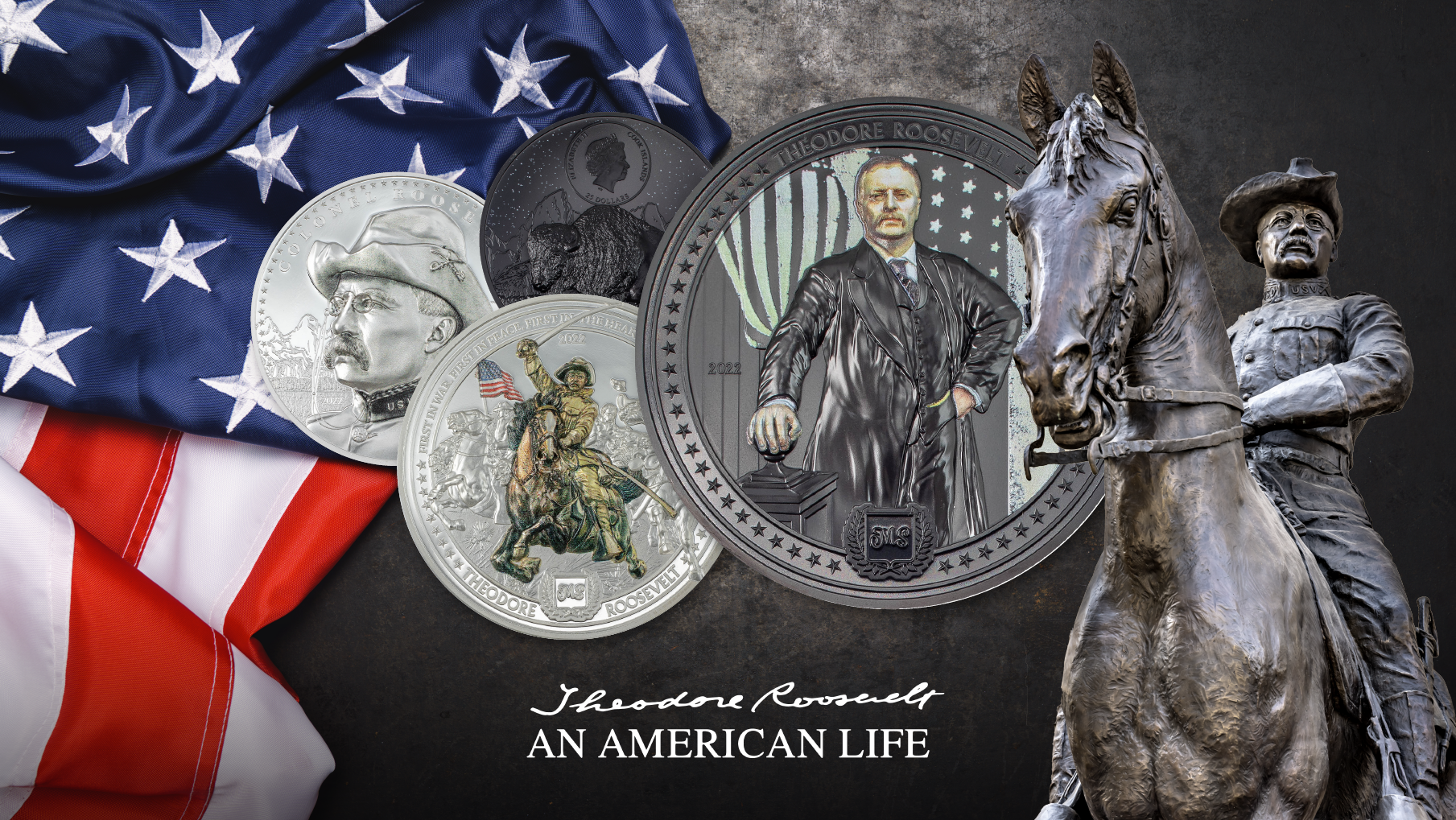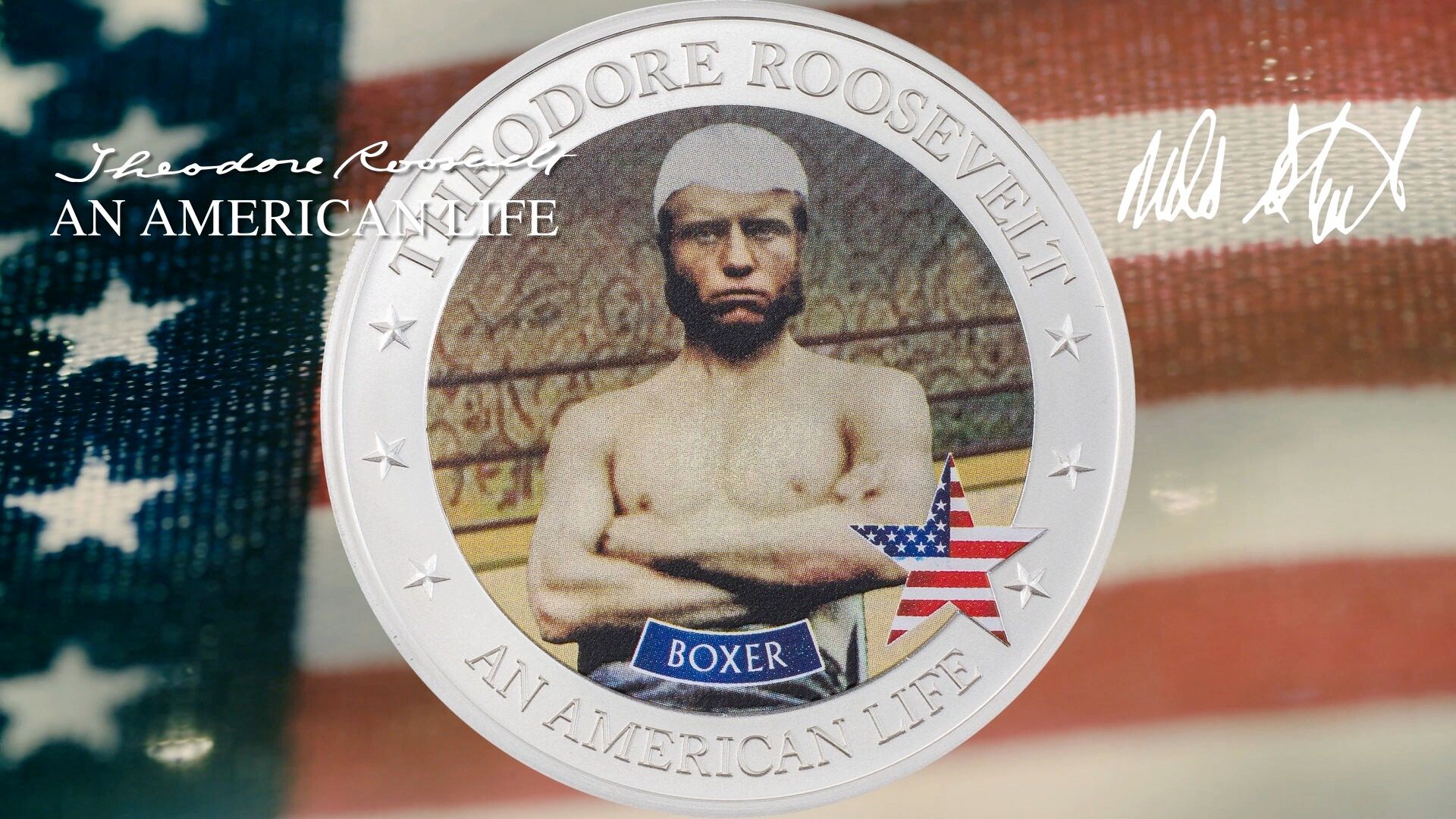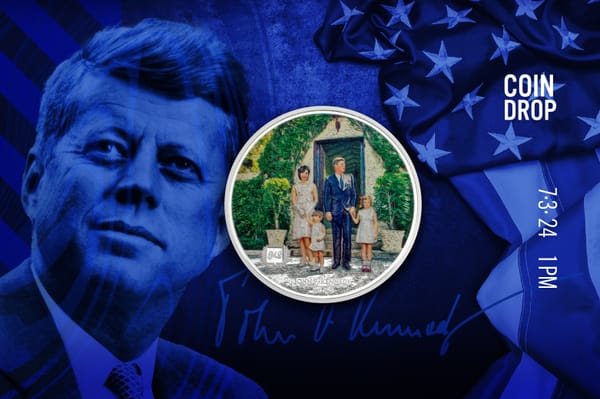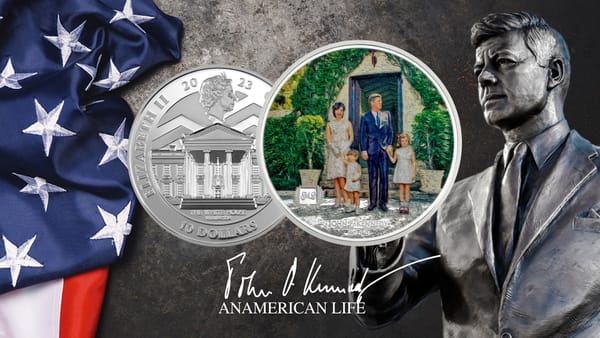President Teddy Roosevelt: Boxer
Teddy Roosevelt was a boxer. He started at Harvard—boxing club. By the time he began, the sport had only recently become acceptable for high society. Before the late 1800s, you wouldn’t catch a rich man in the ring. Apparently when you had a fancy job, they didn’t like it if you came to work with your face smashed in. However, when the question of masculinity was raised, American men hoped to prove their manliness by fighting one another. Bare-knuckled fighting was still off the table, but add a pair of gloves, and ding, ding—boxing went national.
Teddy wasn’t a natural athlete. His father taught him that the body and mind are connected, and to look after both in tandem. So from a young age, despite near-sightedness and asthma, Teddy stuck to a strict workout routine. He’d sculpted a muscled figure by his early twenties. Just look at those arms! How much do you think he benched?
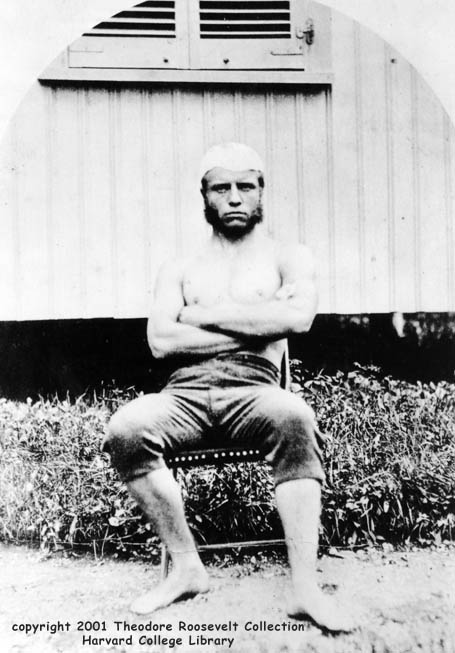
When Teddy returned from the Spanish-American war a hero, his fame swept the nation. It wasn’t long before he was voted Vice President and served under William McKinley for a year until tragedy struck. After McKinley’s assassination, Roosevelt became President.
Which, of course, didn’t deter his boxing. Teddy was known to invite boxers to the White House and demand that they spar with him. No half-hearted swing would cut it either—he demanded respect! And respect for Teddy came in the form of hitting the President of the United States as hard as they possibly could…any less and he’d know.
On one such occasion, Teddy invited a military buddy to spar. He egged the guy on until he hit Roosevelt so hard the burly man was knocked into next week. The hit rocked Teddy’s head and detached the retina in his left eye. Half blind, but true to character, he didn’t tell anyone–not even the man who’d done it–he’d been hurt. Actually, the information wasn’t ever exposed until a decade later when it was published in a newspaper article. What a way to find out you blinded the President, huh?
Teddy didn’t give up boxing after the accident. He did wisen up and stopped making professionals hit him in the face, though. His discipline in boxing and in physical fitness must have helped form Teddy into the very decisive, direct man he was. A man who had insights about responsibility, hard work, and personal growth, like:
- “If you could kick the person in the pants responsible for most of your trouble, you wouldn’t sit for a month.”
- “The worst lesson that can be taught to a man is to rely upon others and to whine over his sufferings.”
And - “Nothing worth having was ever achieved without effort.”
Teddy wasn’t even a great boxer. He never excelled in the sport, but he persisted because he loved it and because it was—mostly—good for his body. He didn’t wait for success and fame to find him, he simply kept at it even when he showed no real talent or progression. Sometimes it’s good to do things you love, even when you suck at them. Embarrassment is good for the ego and laughter is good for the soul. Teddy didn’t seem to mind either, too much. In his own words, “He who makes no mistakes makes no progress.”
